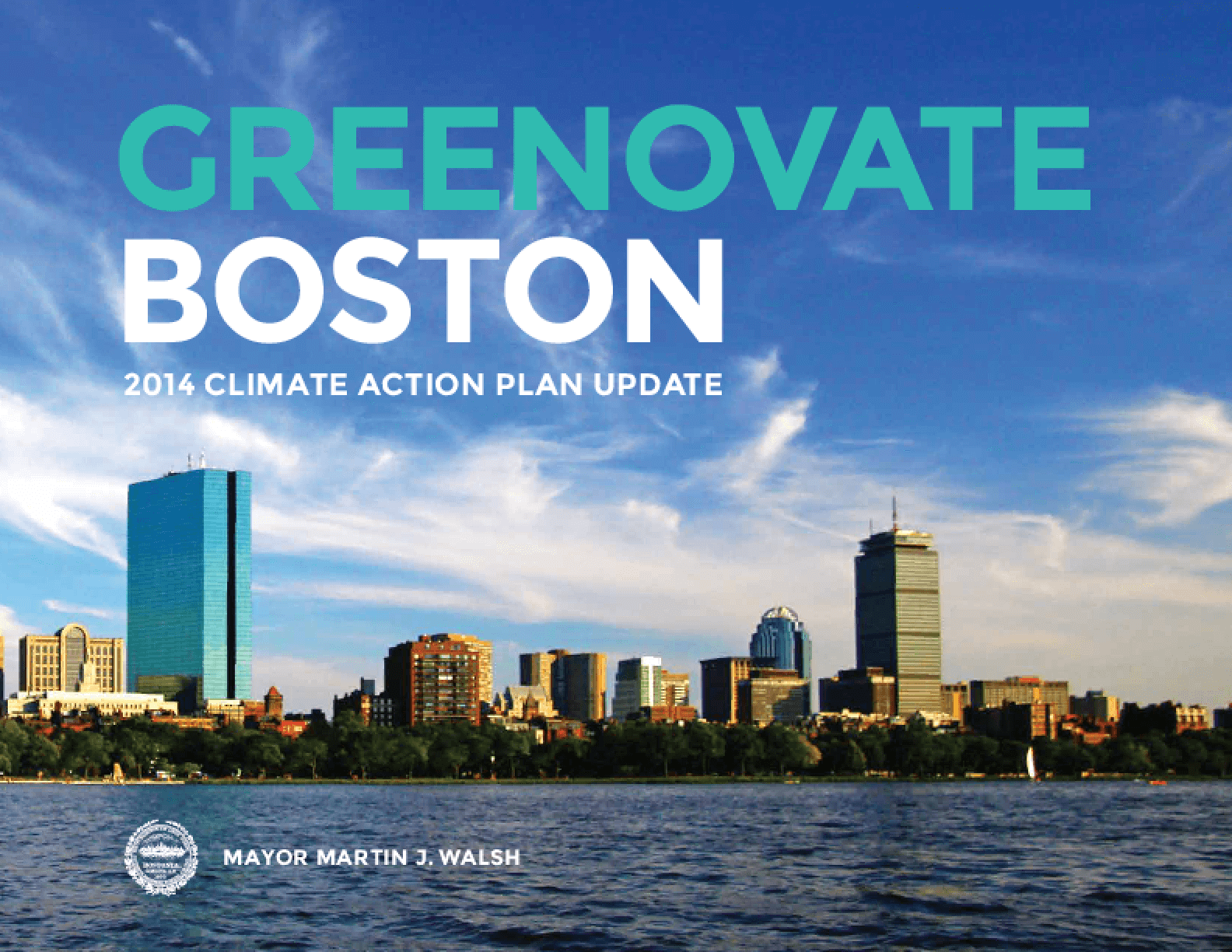
Risk is an inevitable part of life, and readying for it makes communities stronger. It allows them to bounce back much faster when difficult things happen.
September is National Preparedness Month. It’s a great opportunity to take a long look at how resilient you’ll be in the face of the challenges associated with climate change — like extreme weather and interruptions to power and other services.
This year Climate Ready Boston released a report projecting what climate change will look like in Boston, and the details were sobering: extreme precipitation, extreme heat, sea level rise, and intensifying coastal storms are in our future. These changes will test our city. But Boston has a long history of responding to challenges with strength and unity. And climate change will be no different.
The City is working hard to educate residents, protect our waterfront, and make our transportation systems more resilient. These initiatives will help all Bostonians. But how can individual Bostonians join this resilience movement? And how can individuals protect their belongings? How can families make their homes safer?
Ready for anything
The Office of Emergency Management (OEM) and the Boston Public Health Commission (BPHC) has lots of resources to help residents prepare. BPHC’s Get Ready Be Safe Stay Healthy Pledgeprovides an emergency preparedness checklist – with a particular focus on maintaining strong mental and physical health at all times. Continually focusing on health will make you less vulnerable in case of an emergency.
OEM’s “Tip of the Day” resources cover essential emergency preparedness actions and will help you prepare for a variety of risks. Take a look and make sure that you’re ready — long before you need to be.
Preparing for the specific effects of climate change
In addition to these essential emergency preparedness steps, here are some actions you can take specific to the climate impacts highlighted by the Climate Ready Boston report earlier this year:
Extreme precipitation
✓ Safely dispose of hazardous household materials. Storing hazardous materials like paint, cleaning chemicals, and batteries outside your home poses a risk. In the event of a flood, water can disperse these chemicals into the soil and onto other surfaces, posing a threat to your family’s health.
The City of Boston hosts Household Hazardous Waste Drop-off Days. The next one is on November 19th at the West Roxbury Public Works Yard.
Extreme heat
✓ Insulate. Insulation helps your home stay cooler in the summer and warmer in the winter. In the case of extreme temperatures, insulation is a protective barrier that helps you maintain comfortable temperatures longer without using any outside resources, like electricity. It also makes your heating and cooling systems more energy efficient, which saves you money and makes you less vulnerable in the case of a power outage.
Renew Boston connects property owners, landlords, and renters with rebates and incentives for home energy efficiency improvements — including insulation. Request a no-cost home energy assessment from Renew Boston today.
Sea level rise
✓ Know your flood zone. Everyone is vulnerable to floods today, but rising sea levels means that the water in our streams, rivers, and oceans will have a higher starting point. So floods threaten more people than they used to. Last year the Federal Emergency Management Association (FEMA) released new flood maps for the City of Boston.
Take a look at the maps to find out if you live in a flood zone. If you do, explore your insurance requirements and use the Office of Emergency Management’s interactive map of evacuation routes and emergency relief shelters to make sure that you know where to go in case of an emergency.
Intensifying coastal storms
✓ Have a (fun!) contingency plan. Many of us remember the relentless snowfall of Winter 2015. At times it closed roads, and shut down public transportation. For people who rely on cars, buses, and the T to get around, this brought their lives to a grinding halt.
Creating a contingency plan will help you to carry on as normally as possibly in the case of a weather emergency. Discuss options for working from home with your employer. Make sure people in your family or social network have your phone number, email address, and social media account information –and make sure you have theirs! Connecting in advance will help you to stay in touch when the weather gets crazy. Preparing in this way can be a great opportunity to meet your neighbors and develop stronger connections with the people in your community!
In the case of power outages, make sure you have some old-fashioned entertainment on hand. Books, board games, crafts, and musical instruments can turn a weather emergency into a fun opportunity to enjoy some activities you normally don’t have time for. And while you’re at it, challenging a neighbor to a game or inviting them over for dinner is another opportunity to build on that sense of community in your neighborhood.
Prepared communities are strong communities. If we work together to prepare for climate change, our city will endure and emerge stronger for it.
Stay connected with Greenovate Boston to stay up-to-date with the City’s climate preparedness work and to be connected with resources for making your community more resilient to the changes ahead.


Recent Comments